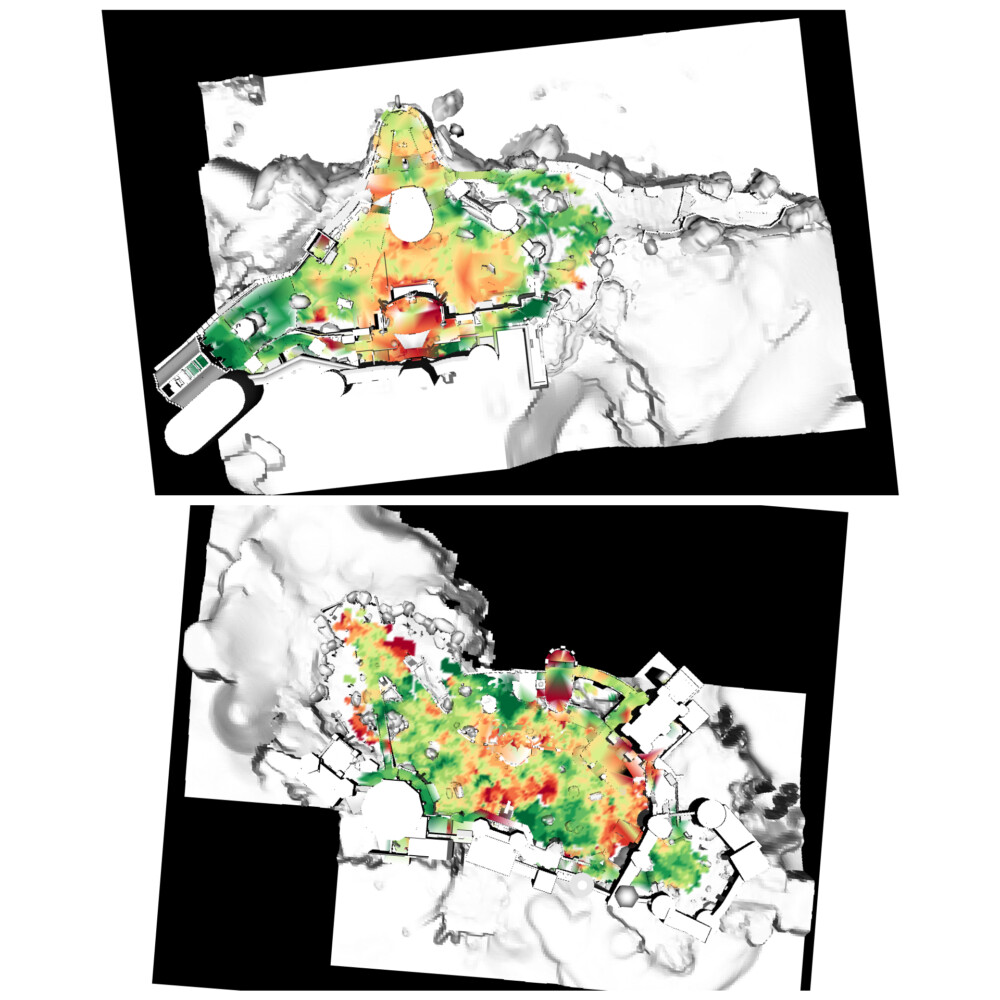CDE Research Engineer Azeem Khan tells us about his research, helping games studio-level designers get real-time feedback objectively with partner company Ubisoft Reflections.
My name is Azeem Khan and I am an Engineering Doctorate (EngD) student with the EPSRC-funded Centre for Digital Entertainment at the University of Bath. I’m carrying out my research with machine learning expert Dr Tom Fincham Haines, who applies machine learning techniques to a wide variety of problems, particularly those in visual computing. He has a particular interest in creative tools where the machine supports the artist with small default and expressive interactions, without taking away from the artists’ ultimate control or compromising their workflow.
My research is in collaboration with leading video games studio Ubisoft Reflections, the game developer who worked on titles such as Tom Clancy’s The Division 2 and Watch Dogs: Legion.
My research looks at how, when level designers are tasked with creating a map, they are usually given guidelines/criteria to follow, which focus on where to put the various elements, but are less specific about the overall design. Different designers will have different ideas on what constitutes a ‘good’ level. Their discipline is very subjective. We are building a tool that can assist a level designer as they work, providing them with real-time feedback in a much more objective way.
This is the first time that Reflections has taken on an EngD student, and it benefits them to have someone with a background which differs from those who are typically employed at the company. There is also enormous value in working with world-class computer science researchers within the University of Bath.
Our approach is data-driven, so for our system to know what features of a level are ‘good’ or ‘bad’, we train it using gameplay data from an existing game. Ubisoft gathers vast amounts of telemetry data from play sessions for analytics. We process this data using machine learning algorithms that are mainly used in academic research, helping to bring together industry and academia. Ubisoft’s global network was invaluable as we were able to request access to data held by other Ubisoft studios.
So far we have found that there appears to be some consistency between what our system produces and the feedback a user gives for a particular map. However, the output of our system is still very noisy so we are currently trying to minimise this effect. We need to gather more feedback data from users for multiple maps. This is important as our system output reflects the average feedback across a vast number of users.
I have been into video games from an early age, so the opportunity to be placed for 3 years in a games company and to be exposed to the game development environment and lifecycle was something that I did not want to pass up. The skills, knowledge and understanding I’ve been able to develop from working within an industrial research environment are fantastic for my future career.
It also excites me to know that what I am creating may one day be used in the development of a product that will be used by potentially millions of people. The fact that I played a part in something with a huge potential industrial impact would be exceptionally rewarding.
Azeem’s EngD research is supported by funding from EPSRC.
